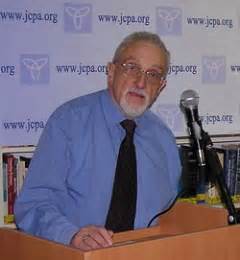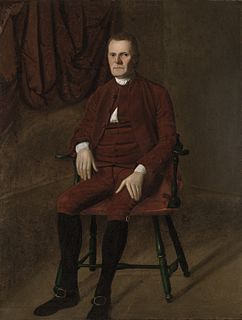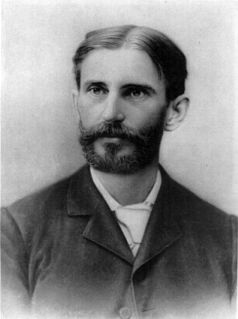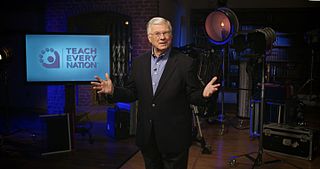A Quote by R. C. Sproul
The problem in the church today is not the profession of faith, but it's possession.
Quote Topics
Related Quotes
The church is in trouble-that's what they say anyways. The problem is most of what they call the church is not the church, and the church is not quite as in trouble as everybody thinks. As a matter of fact, the church today is absolutely beautiful-she's glorious, she's humble, she's broken, and she's confessing her sin. The problem is what everybody's calling the church today isn't the church. Basically, by and large, what's called the church today is nothing more than a bunch of unconverted church people with unconverted pastors.
We have to separate here the church in its broad sense. We have Catholics, Protestants, Eastern Orthodox churches. The Catholic church is a corporation like a chief executive. A fairly homogenous operation. Today its attitude toward anti-Semitism is much more severe than it's ever been. The Catholic Church today is much less the problem than the other groups.
Sometimes the sight of someone in one faith wrestling with that faith can empower you to wrestle with another faith. For me, it was reading about how the Catholic Church wrestled with itself in the 1960s. Pope John XXIII set Nostra Aetate - the Declaration on the Relation of the Church with Non-Christian Religions - in motion. It changed the relationship between Jews and Catholics. Today, Jews and Catholics meet as friends. If you can do that, after the longest history of hatred the world has known, that empowers you as a Jew or a Muslim to wrestle with your faith.
What has happened to create this doubt is that a problem (such as a deep conflict or a bad experience) has been allowed to usurp God's place and become the controlling principle of life. Instead of viewing the problem from the vantage point of faith, the doubter views faith from the vantage point of the problem. Instead of faith sizing up the problem, the situation ends with the problem scaling down faith. The world of faith is upside down, and in the topsy-turvy reality of doubt, a problem has become god and God has become a problem.
When members unite with the church, they should not only make a profession of faith in Christ (that is essential), but in light of 2 Corinthians 10:6 and Hebrews 13:17, etc., they should also agree to submit to the authority and discipline of the church, should they be found delinquent in doctrine or life.
One faith, St. Paul writes (Eph. 4:5). Hold most firmly that our faith is identical with that of the ancients. Deny this, and you dissolve the unity of the Church ... We must hold this for certain, namely: that the faith of the people at the present day is one with the faith of the people in past centuries. Were this not true, then we would be in a different church than they were in and, literally, the Church would not be One.
Today there survives more than 25,0000 partial and complete, ancient handwritten manuscript copies of the New Testament. These hand written manuscripts have allowed scholars and textual critics to go back and verify that the Bible we have in our possession today is the same Bible that the early church possessed 2,000 years ago.
The number of nuclear bombs on the planet today - the sheer quantity of weapons of mass destruction in the possession of people and governments throughout the world - along with the fact that the use of brute force and militarism is an almost knee-jerk way of problem-solving on the planet today, makes the eradication of war the great moral issue of this generation.
If people are not sharing their faith in your church, if they're not having a quiet time, if they're not living godly lives, then you need to change your style of preaching. You are obviously not seeing lives changed through the Word of God. So what is the problem? The problem isn't the Word. The problem is your preaching style.




































